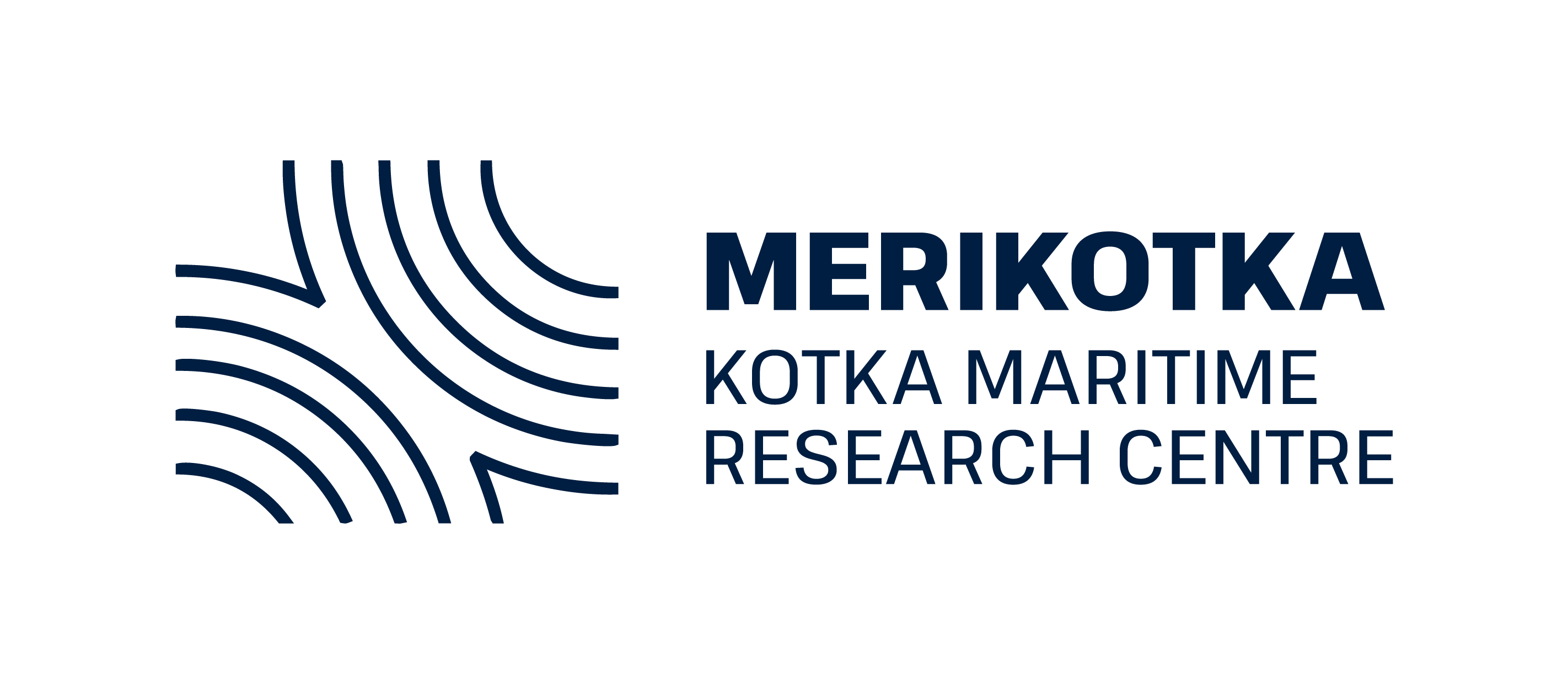A new research article based on the work carried out within the now concluded COMPLETE and COMPLETE PLUS project entity has been published in the scientific journal Marine Policy. The article, titled “Early warning system on harmful aquatic organisms at a regional sea scale: Components and mechanisms“, presents the design and implementation process of an early warning system developed during the projects and implemented in the Baltic Sea since 2022. The knowledge and insights gathered during the development work are expected to be beneficial in other sea areas as well.
The issue of non-indigenous species (NIS) is a significant global concern in the context of shipping. Part of the species transported to new locations via ships’ ballast waters and biofouling can threaten biodiversity, disrupt ecosystems, and lead to considerable economic losses. The Baltic Sea, due to its brackish water, naturally low biodiversity, and lively ship traffic, is particularly vulnerable to NIS introductions. Therefore, effectively preventing the introductions and spreading of such harmful organisms in the Baltic Sea is critical.
Led by the Kotka Maritime Research Centre, the COMPLETE project entity was highly impactful, producing numerous scientific publications, policy recommendations, and practical tools for stakeholders for improving ballast water and biofouling management in the Baltic Sea region. The results have contributed to international efforts, influencing work under both HELCOM (the Baltic Marine Environment Protection Commission) and the International Maritime Organization (IMO). The project’s recommendations are helping to shape policies aimed at preventing the spread of invasive species through biofouling and ballast water management.
Text: Annukka Lehikoinen


